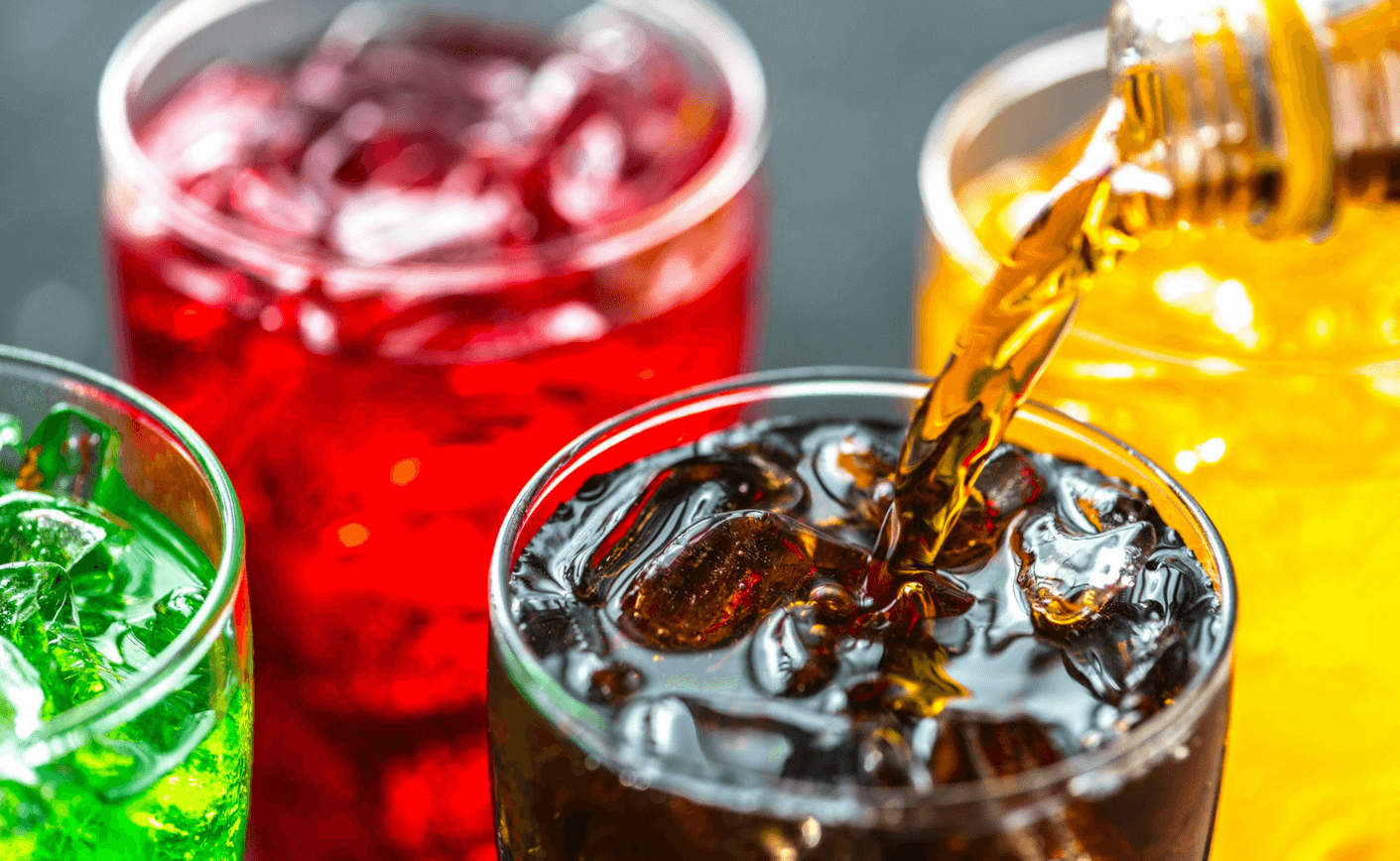
15th June 2018
Your dentist wants to warn you about these drinks
Your dentist will always want what is best for your dental health and advising on what we put into our body is one topic that we cannot emphasise enough. Preventative dentistry is our forte, which is why we’d prefer to warn you before you experience some unwelcome changes.
While eating and drinking definitely has effects on our body and our general health, the first point of contact is always our teeth. Chewing, biting, and swallowing all introduce our teeth and saliva to interesting foods, drinks, and sugars to break down, often leading to their residue staying in our mouth.
This can sometimes take the banal form of an after-taste or it’s scent lingering on our breath, but it can also be a little more dangerous than that. Certain drinks can have knock-on effects to our dental health should we consume them too much and pay inadequate attention to our dental health.
Tea and coffee are a staple in most people’s day to day life. Whether we’re catching up with friends, waking up in the morning, or just a little thirsty, these are some of our more popular drink choices. However, your dentist wants you to be aware of their power to stain your teeth. Coffee’s natural brown colouring can turn your teeth an ugly yellow by weakening the plaque on the surface of your teeth, exposing the yellow dentin beneath. Tea has much the same effect, especially black tea, so choose your blends wisely.
Fizzy drinks are a treat at parties, a common alcohol dilatant, and refreshing when served ice cold, but they can be detrimental to your dental health. Your dentist wants you to be aware that they produce sugars and acids as by-products, eroding the surface of your teeth and heightening your risk of developing cavities.
Alcoholic drinks are fine in moderation, but too much can lead to some nasty dental health issues. The strength of these alcoholic drinks can wear down your enamel, especially if you are mixing a spirit with a fizzy drink. Its high sugar content is known to contribute to gum disease, and highly pigmented drinks like red wine are infamous for heavily staining teeth over time.
Sports drinks that are high in sugar and electrolytes may refresh you after a workout or keep you ticking over during a sports game, but your dentist has some bad news for you. Their high acid content can damage tooth enamel, increasing your risk of cavities, and their effects can be far more harmful than those of fizzy drinks’.
No one of these drinks is the definite and all-time worst for your teeth, because it’s all relative to moderation. We’re not asking you to not wake up to a cup of coffee, or not enjoy a drink with dinner, but rather to practice moderation. Exercising good dental care and not drinking these offending drinks too excessively can save you much trouble in the future, not to mention the unattractive discolouration!
Drinks that are good for your dental health no matter the quantity are more obvious. Water, for example, is great not just for hydration but also for not offending your teeth. Drinking water after an acidic drink, for example, can actually help wash away some (but not all) of the harmful remnants, lessening their immediate danger to your teeth. Milk is also great for the body and teeth, because its high in compounds like calcium, protein, and phosphorous that contribute to maintaining a strong jaw bone.
For those with a sweet tooth, fruit juices are a handy cheat. While they’re still acidic and high in sugars, they’re not as bad for your teeth as natural sugars are more easily broken down by the body. However, moderation still needs to be exercised.
By all means, don’t forbid yourself from drinking what we have listed! Your dentist would just like you to be aware of their drawbacks should moderation not be practiced. Of course, should anything go awry then we are always available for a dental health check and a hygiene appointment at our Maidstone, Kent dental practice.
